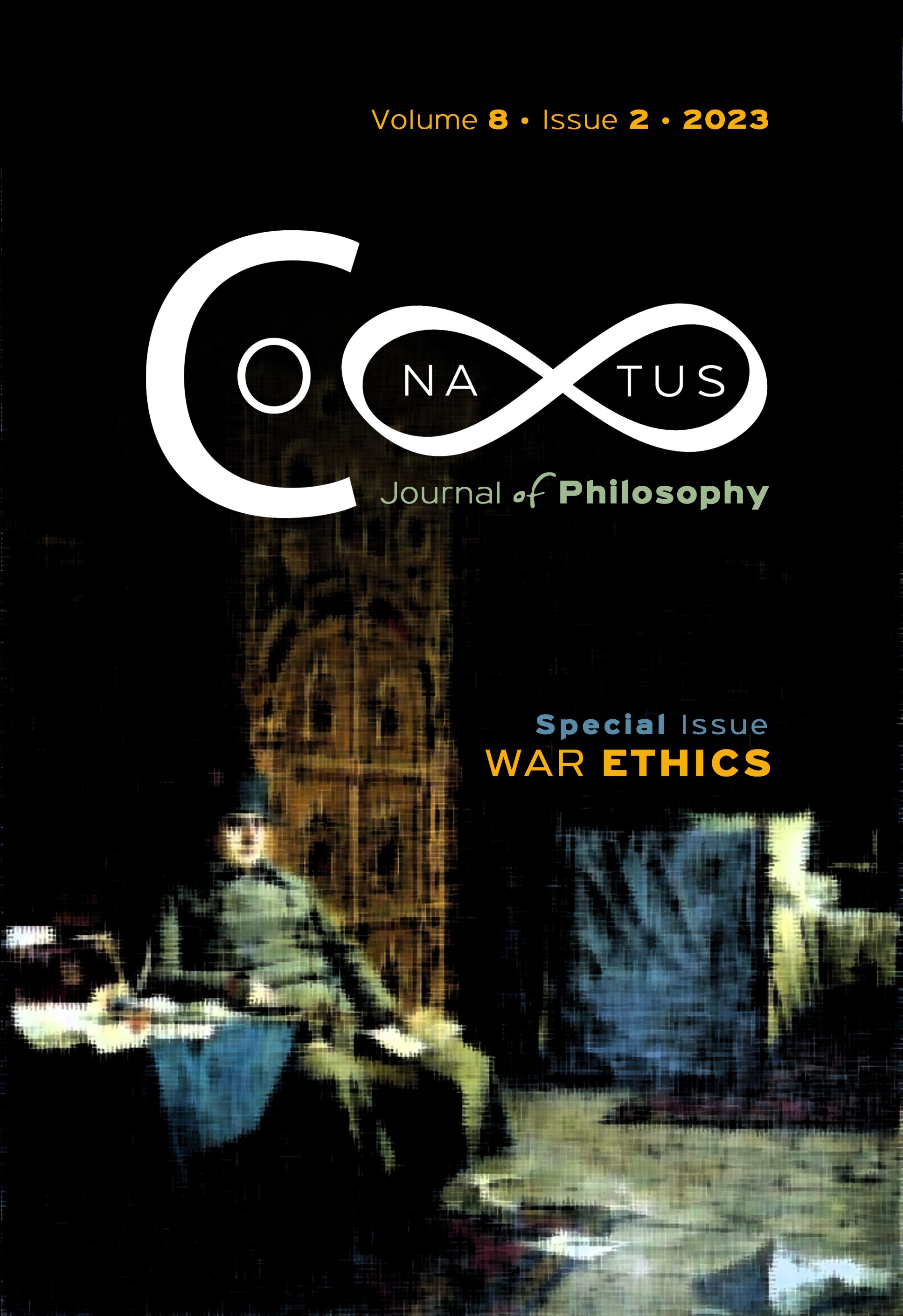Machiavelli and Tocqueville on War and Armies

Abstract
In the Democracy in America’s chapters on war and armies in the transition from the aristocratic to the democratic social state (état social), Tocqueville briefly draws on Machiavelli regarding the conquest of a country with or without intermediary powers between political leadership and the people by which he primarily understands the existence of local nobilities. In this reference, Tocqueville is quick to express skepticism about the overstated importance of Machiavelli in the history of political philosophy. In different places of his work though a more mitigated stance is documented. A comparative approach of Machiavelli and Tocqueville on war may seem odd, even inappropriate. In this paper I argue that the “brief encounter,” in Melvin Richter’s terms, of Tocqueville with Machiavelli can be fruitfully explored in order to make sense of the key importance for modern warfare of the collapse of nobility in Europe. Concomitantly, Machiavelli ‘s intuitions about conquering an absolutist state without intermediary powers compared to a state endowed with “prince” and “barons” can be further elaborated to better grasp its impact on wars including civil strife. In this paper I first explore Machiavelli’s perception of the intermediary powers in conquest and broadly in warfare paying due attention to the importance for the preservation of liberty of latent or open civil discord between social powers or classes; then I turn to Tocqueville’s rich analysis of the transformation of modern warfare due to democratic centralization and obsession with private welfare. Democratic armies constantly challenge democratic liberty and they can sometimes successfully albeit perversely integrate democratic ambition and turn it against democracy. I conclude with some reflections on the connection between war and politics regarding latent civil conflicts in democracies.
Article Details
- How to Cite
-
Tegos, S. (2023). Machiavelli and Tocqueville on War and Armies. Conatus - Journal of Philosophy, 8(2), 681–701. https://doi.org/10.12681/cjp.35715
- Section
- Articles
- Categories

This work is licensed under a Creative Commons Attribution-NonCommercial 4.0 International License.
Authors who publish with this journal agree to the following terms:
Authors retain copyright and grant the journal right of first publication with the work simultaneously licensed under a Creative Commons Attribution Non-Commercial International License (CC BY-NC 4.0) that allows others to share the work with an acknowledgement of the work's authorship and initial publication in this journal.
Authors are able to enter into separate, additional contractual arrangements for the non-exclusive distribution of the journal's published version of the work (e.g. post it to an institutional repository or publish it in a book), with an acknowledgement of its initial publication in this journal.
Authors are permitted and encouraged to post their work online (preferably in institutional repositories or on their website) prior to and during the submission process, as it can lead to productive exchanges, as well as earlier and greater citation of published work.





